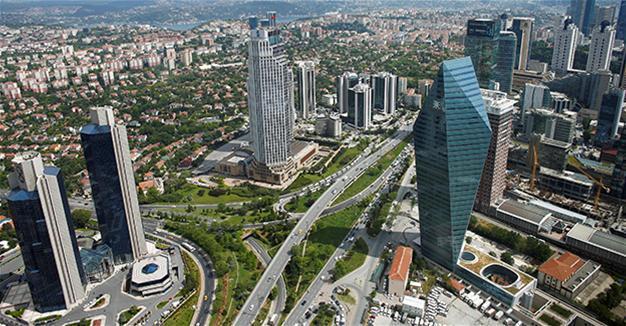S&P upgrades Turkey’s outlook to ‘stable’ on gradual implementation of economic reforms
NEW YORK

REUTERS photo
Turkey’s outlook was revised up to “stable” from “negative” by global ratings agency Standard & Poor’s (S&P) late on Nov. 4, mainly due to a gradual implementation of economic reforms.
The announcement came on the same day as the Turkish Lira slid to a record low against the dollar after the arrest of lawmakers from the Kurdish issue-focused Peoples’ Democratic Party (HDP).
S&P cut Turkey’s rating to BB from BB+ in July in the wake of an attempted coup and changed the rating outlook to negative, saying the putsch had further fragmented the political landscape.
“Although we continue to consider that Turkey’s high private sector external debt poses a risk to economic stability, we believe that government policy is gradually refocusing on measures to reduce external vulnerabilities, albeit in the presence of weaker growth and moribund private investment,” S&P said in a statement late on Nov. 4.
It added that the stable outlook reflected the balance between the economy’s resilience against lingering regional and domestic risks which, if realized, could increase balance-of-payments pressures and widen currently moderate fiscal deficits.
Public and private consumption in Turkey have been the major driver of GDP growth so far this year, according to S&P, and it also pointed to the government’s Private Pension System (PPS) that tries to lower the economy’s dependence on foreign financing.
“The government projects the regulation will create 6.7 million contributors to the PPS and 90 billion Turkish Liras (4 percent of 2016 GDP; about €26 billion) of savings in 10 years,” it noted.
Turkey’s foreign and local currency credit ratings, meanwhile, remained unchanged at BB and BB+ respectively.
